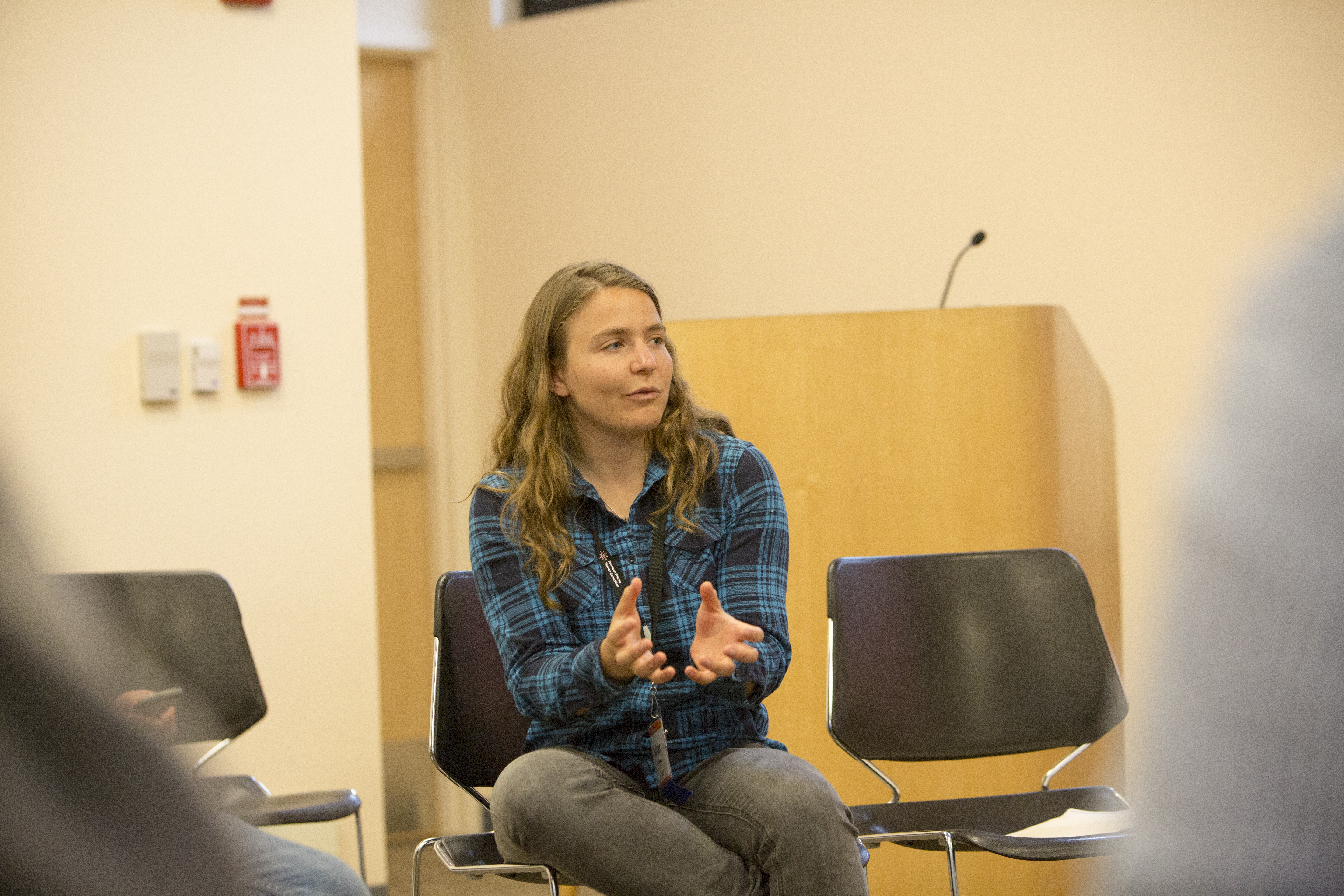
Throughout history, governments have exploited crises to introduce dangerous, authoritarian policies. We look at how that’s happening in this pandemic in countries around the world.
Q: In recent years, the rise of far-right governments has led to more measures targeting voices of dissent, making it increasingly difficult for civil society organizations and activists to mobilize. What are we seeing now with COVID-19?
A: Governments and authorities on both local and national levels have been implementing extreme emergency measures under cover of responding to the virus. Examples include Hungary, which has moved toward allowing the administration to completely override the legislative branch, and the Philippines, which has passed a so-called “anti-terrorism law,” which in effect allows for the criminalization of most political opposition.
Governments using crises to pass and normalize harmful policies is not new, but COVID-19 is giving them the opportunity to do it with little international attention and pressure—and reduced ability for communities to mobilize.
Q: These are measures that don’t address the public health crisis and, in some cases, exacerbate them.
A: For sure. One example is any policy that would further criminalize people and lead to their arrest and imprisonment. With COVID-19 rampant in prisons, jails, and detention centers, any form of incarceration—politically motivated or not—is not in the interest of public health. We’re also seeing governments continue to demolish homes and communities—in Kenya, in Israel and Palestine, and elsewhere—at a time when people are being told to shelter at home.
Q: What is the impact of these policies?
A: One phenomenon is increasing technological surveillance, especially when it comes to contact tracing. Digital surveillance based on geolocation is an easy measure for states to implement to track the spread of the virus. While there’s a clear appeal in knowing where infected people were, are, and will be—and who they’ve come in contact with—this raises important questions of privacy and surveillance by our governments.
A year ago, if governments said they wanted to spy on citizens—even for public health reasons—there would have been public outrage and protests. But this is becoming normalized, so whenever the pandemic is over, governments can continue what they’re doing and there won’t be that outrage, because public outrage doesn’t usually happen in retrospect.
We’re also seeing an increase in the militarization of police—including the use of actual military in policing positions—as well as increased police brutality, which governments justify as protection of society. In places like Hong Kong and the Philippines, laws are being put into place that have no time limit. So when COVID-19 is done, this becomes the new reality.
Q: What is being done to oppose these dangerous policies?
A: Early in the pandemic, the United Nations issued a statement advising states to respond to the COVID-19 pandemic responsibly, in ways that respect human rights—including limiting the amount of information governments collect through contact tracing, setting clear and short time limits for these policies, and ensuring medical professionals are part of government decision-making processes. That was an important step.
There are a few examples where legal challenges have stopped some of these policies. Here in Israel, a policy on cell phone tracking was very much limited by the Supreme Court because of appeals from civil society. On the grassroots level, we’re seeing mass protests around the world and more creative ways to protest—online, through car rallies. At the same time, people continue to peacefully protest in the streets—using social distancing and masks—despite crackdowns by governments.
Today, it’s important that we do all we can to oppose these dangerous government regulations. We cannot allow these tools to be normalized. We must carefully monitor them and make clear that they cannot be used to suppress civil liberties, so we can mobilize and demand their lift once the crisis is over. For this, we can use social media and other online platforms to keep a conversation going, raise awareness of these dangers, and make sure our authorities know that we’re paying attention.